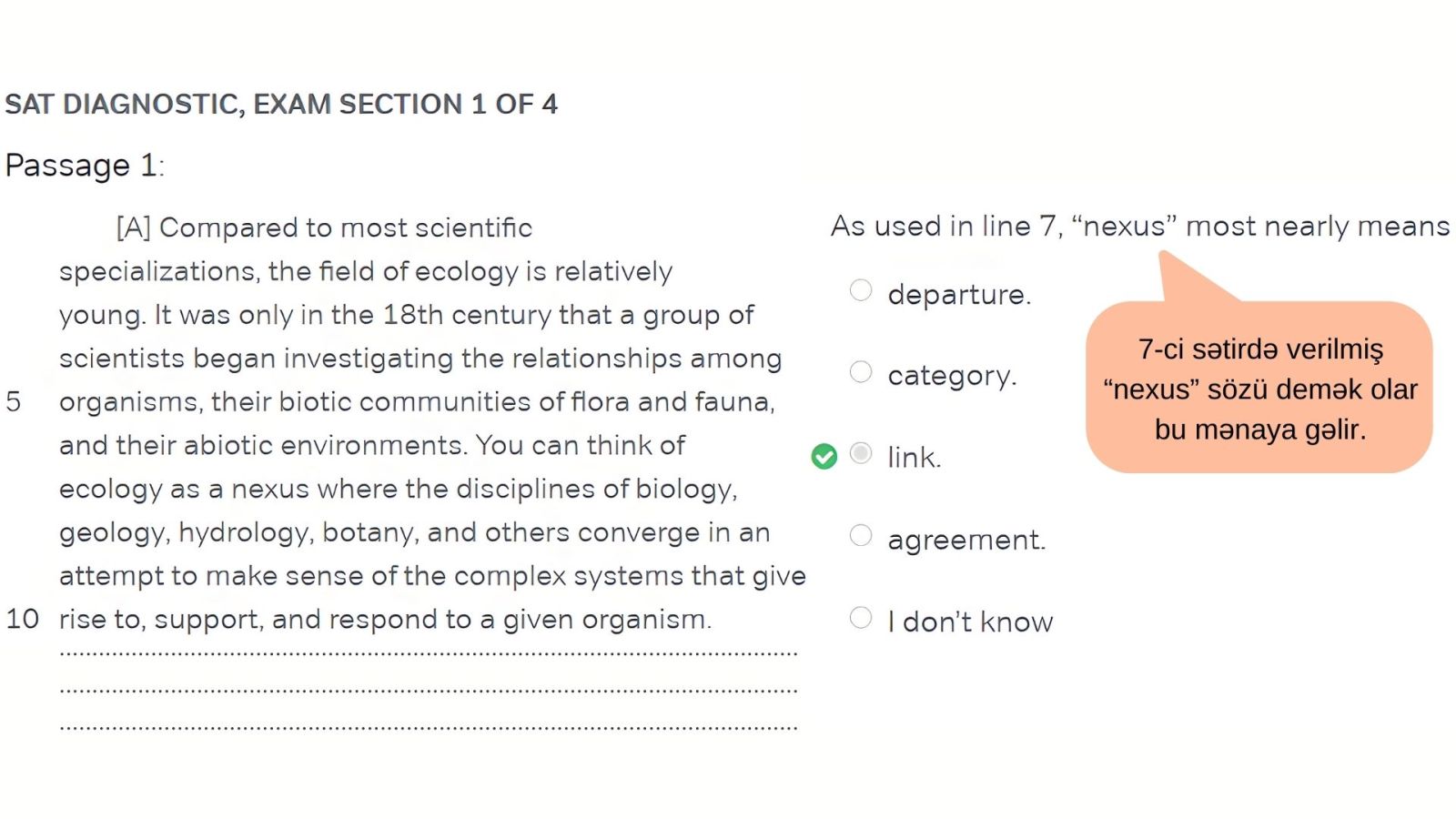
When preparing for the Digital SAT exam, students should focus on improving a variety of skills such as reading, listening, time management, and stress control. Alongside these skills, expanding vocabulary should also be given significant attention. It is nearly impossible to successfully take an exam in a foreign language with a weak vocabulary. Having an adequate and appropriate vocabulary for the SAT exam directly impacts your final result. Following a few simple steps to grow your SAT-specific word bank can be highly beneficial.
Review the Most Commonly Used Words in the SAT
In addition to improving your general language proficiency, it’s important to focus on the academic words and specific terms commonly used in the SAT exam. For instance, words likely to appear in reading and writing passages, or mathematical terminology used in questions. There are special resources that include such vocabulary, and reviewing these materials can greatly support your preparation process.
Pay Attention to Word Forms When Learning Vocabulary
Although the primary goal in these sections is to apply the correct tactics to solve the questions, having a broader vocabulary can earn you more points on certain question types. For example, consider the following:

As seen above, answering such questions requires not just knowledge of test-related vocabulary, but also synonyms, antonyms, and related words that may appear alongside.
Don’t Just Memorize Words
First of all, when learning a new word, try to understand its meaning in English rather than immediately translating it. This helps you better comprehend the word and improves your ability to think in English. Also, instead of memorizing a word in isolation, learn it within a sentence or phrase. Words memorized on their own are quickly forgotten, but using them in context helps solidify them in memory.
Use the Words You Learn Whenever Possible
To avoid forgetting new words, make an effort to use them regularly, whether in speaking or writing. If you don’t use the words and phrases you’ve learned, if you don’t reinforce them, you will likely forget them quickly.
Read Articles and Books
Reading texts that match your level is one of the most effective ways to improve vocabulary. When you read any article, you are exposed to vocabulary in practical usage. For example, when reading a book, you may come across unfamiliar words. When you later look up their meaning, you also learn how they are used in context.
Don’t Focus Only on Vocabulary
The strategies above are essential for developing a strong vocabulary. However, to succeed in the exam, having an excellent word bank is not the only key—you must also be able to approach questions with the right strategy and answer them efficiently. Therefore, you should always align your preparation with the structure of the exam and focus on other important skills required for success.




